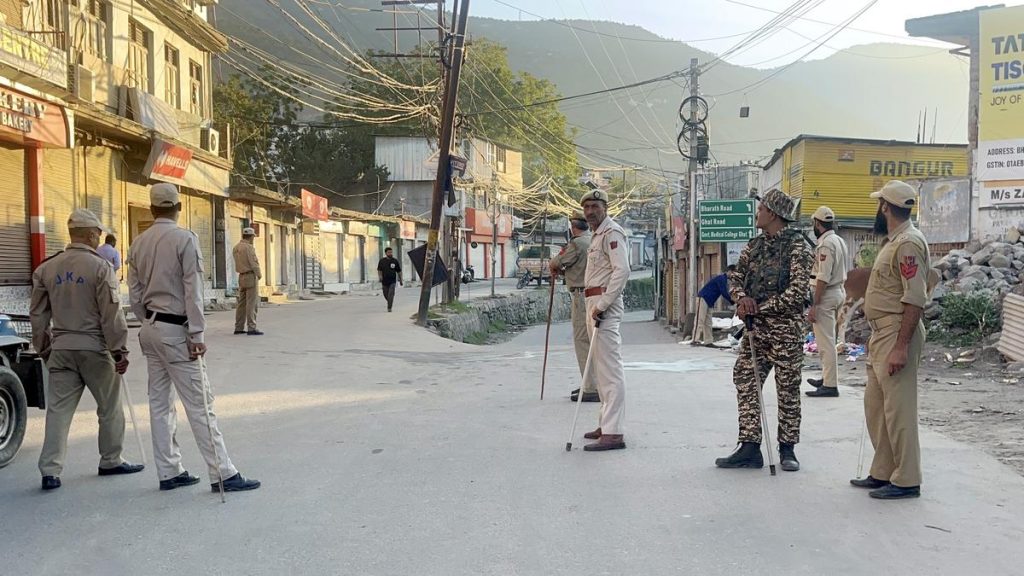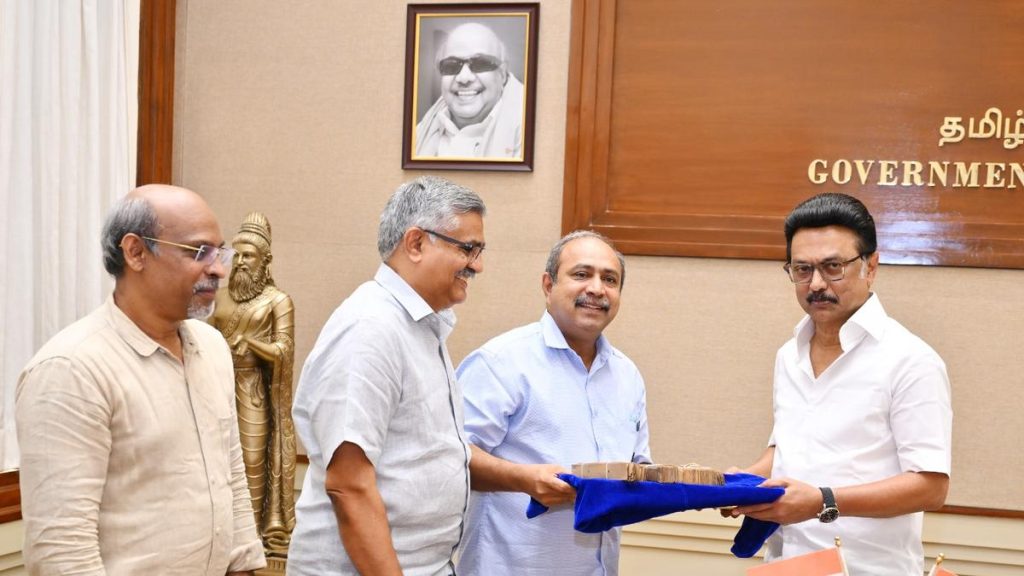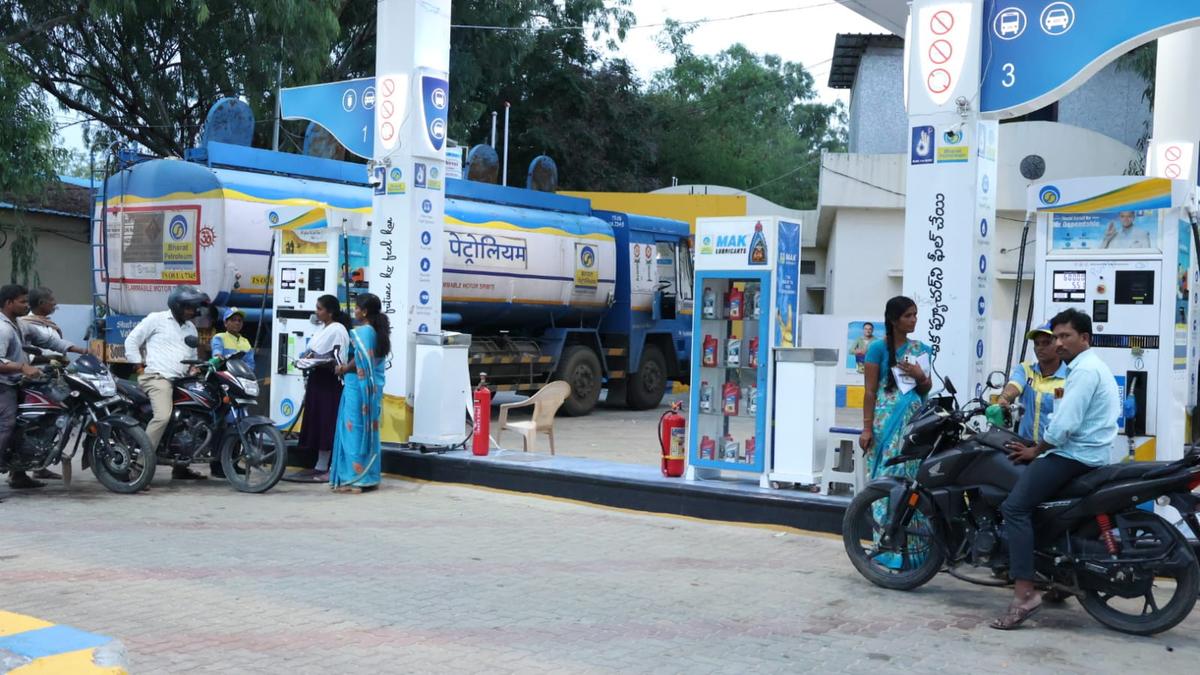Now Reading: Judges’ Appointments and 130th Amendment Top Agenda at SRM Law Symposium
-
01
Judges’ Appointments and 130th Amendment Top Agenda at SRM Law Symposium
Judges’ Appointments and 130th Amendment Top Agenda at SRM Law Symposium
Quick Summary
- Event and participants: Lexposium 2025, a symposium on judicial reforms and justice for an equitable India, held in Chennai on September 6. The event featured legal stalwarts including pinky Anand, Pradeep rai, Sree Sudha, Abhishek Manu Singhvi, Nalin Kohli, and Satya Pal Jain.
- Judicial Appointments Debate: Discussions centered around the National Judicial Appointments Commission (NJAC), which was struck down by the supreme Court as violating the Constitution’s basic structure. Opinions varied:
– Abhishek Manu Singhvi: Expressed concern over threats to judiciary independence and weakening institutional democratic pillars.
– Pinky anand: Highlighted the need for accountability in judicial selection/removal.
– Nalin Kohli: Advocated a balanced approach citing mixed results from existing systems.
– Pradeep Rai: emphasized neutrality in any alternative system to avoid political interference.
- 130th Constitutional Amendment Bill: This proposed law includes provisions for removing Prime Ministers or Ministers imprisoned for over 30 days. Divergent views were expressed:
– Abhishek Manu Singhvi: Criticized it as undermining electoral democracy by allowing minor arrests to override democratic processes.
– Satya Pal Jain: Stressed that concerns of misuse should not invalidate laws; procedural approval through parliamentary committees is envisioned.
Indian Opinion Analysis
The deliberations at Lexposium 2025 reflect critical ongoing discussions about balancing judicial independence wiht accountability in India’s legal system. The NJAC debate underscores enduring concerns about maintaining neutrality while ensuring transparency in judge appointments-a vital issue given India’s growing judiciary caseloads amid allegations of politicization.
Similarly, the proposed constitutional amendment regarding disqualification linked to imprisonment highlights tensions between safeguarding electoral integrity and potential overreach into democratic functions. While critics view such laws as instruments of repression against opposition voices,proponents argue they strengthen governance mechanisms through accountability checks.
These debates are significant for India’s constitutional balance between institutional autonomy and functionary oversight-issues central not only to governance but also societal equity. Lawmakers must navigate these challenges carefully without eroding foundational principles like federalism or secularism.
Read more at The Hindu.























